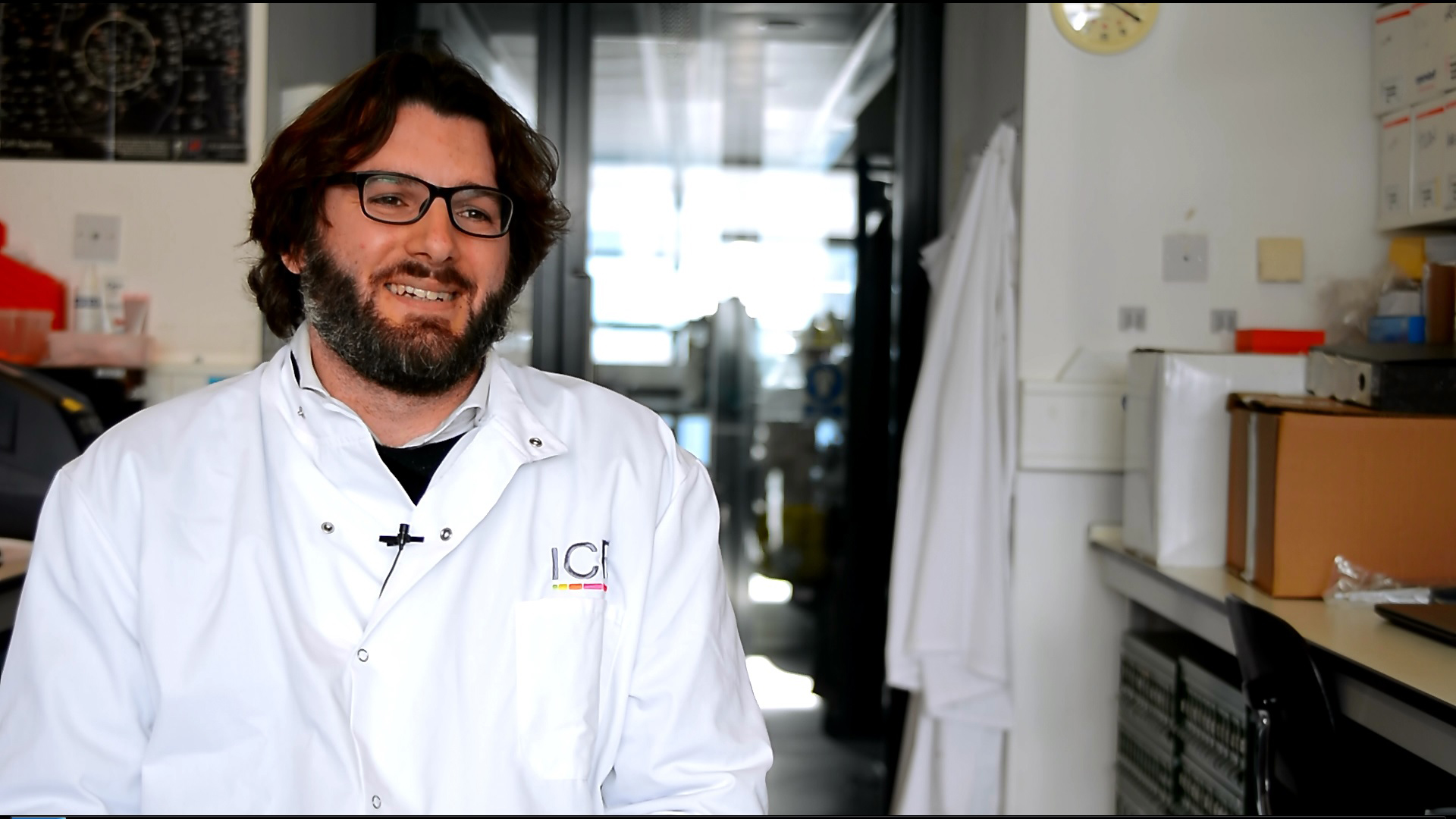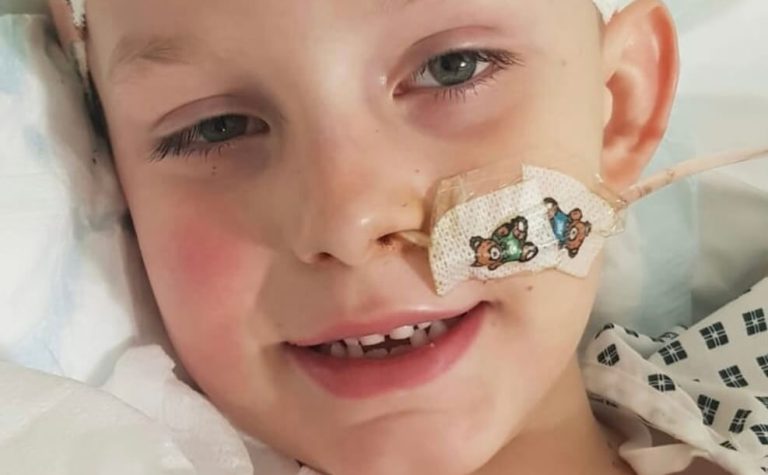Neuroblastoma is the second most common solid tumour in children, affecting just under 100 children a year in the UK, a third of whom will die. It has one of the lowest survival rates of all childhood cancers, with only 67% of patients surviving to five years. Children with Cancer UK’s Research Fellow, Dr Yann Jamin, is pioneering improved MRI scanning techniques, leading new research that shows the potential role of functional MRI imaging in delivering precision medicine to children with neuroblastoma. – A simple non-invasive MRI scan could play a key role in guiding the delivery of precision medicine to children with neuroblastoma
– Until now, testing and monitoring of new cancer drugs in children has been limited by the risk of performing invasive biopsies on young patients
– Researchers call for advanced MRI scans to be incorporated into clinical trials for promising improved therapies for neuroblastoma His team of researchers at The Institute of Cancer Research, London, found that non-invasive MRI scans can map the network of both blood vessels and red blood cells within neuroblastoma tumours without the need for invasive surgical procedure. The study, largely funded by Children with Cancer UK and published in Cancer Research, means that doctors could predict which child would benefit from new effective and safer treatments which attack neuroblastoma blood supply to cut access to oxygen and nutrients for the first time. The research was also funded by the Rosetrees Trust and Cancer Research UK. In adults, routinely measuring biological characteristics (biomarkers) through surgical biopsy has helped clinicians understand the effectiveness of cancer drugs – helping to improve response rates from 4 to 50%. Similar progress has not yet been achieved in children’s cancers as biopsy – removing samples of a tumour for testing before and after treatment – is too dangerous for many children with neuroblastoma. However, advanced functional and molecular MRI scans give us a clear picture of the tumour, including size, shape and structure but also an understanding of its blood supply and altered metabolism. The scans are sensitive to the presence of magnetic iron within the red blood cells contained in the tumour blood vessels. They can also be used to follow ultra-small superparamagnetic iron oxide particles, which are safe to be injected in children, providing important quantitative information on the blood volume and drug delivery to the tumour. Having proved their efficacy in testing and monitoring new anti-vascular treatments in mice, the researchers also showed that these advanced scans can easily be introduced into existing standard MRI examination used for children – adding just 3 minutes to the total scanning time. While the research looked primarily at neuroblastoma, researchers believe the findings will be helpful for any childhood solid tumours including brain tumours and rhabdomyosarcomas, and are calling for the approach to be tested for other childhood cancers. Dr Yann Jamin, Children with Cancer UK Research Fellow at The Institute of Cancer Research, London, who led the research, said:
Our findings show that the introduction of a simple non-invasive MRI scan could significantly improve the speed and effectiveness of testing of new drugs for children with neuroblastoma, which has one of the lowest survival rates of all childhood cancers. We need to continue developing and evaluating smart, yet simple scanning techniques to image more aspects of neuroblastoma tumour biology and accelerate the delivery of more promising drugs to children with neuroblastoma. We also need to test this approach in other childhood cancers.
Mark Brider, Acting CEO of Children with Cancer UK, said:
We welcome this breakthrough, which could accelerate the delivery of personalised treatment to children with neuroblastoma. Doctors are researching improved, effective and safe treatments for children with this form of cancer, but it is crucial that we find ways of speeding up how we test the personalised use of drugs so that we can optimise treatment, improving cure rates and reducing the long-term adverse effects of chemotherapy. It’s important that we consider simple, non-invasive MRI scans as part of clinical trials for promising new therapies for children with neuroblastoma. At Children with Cancer UK we are delighted to fund such innovative research that makes a real difference to the lives of children with cancer.

